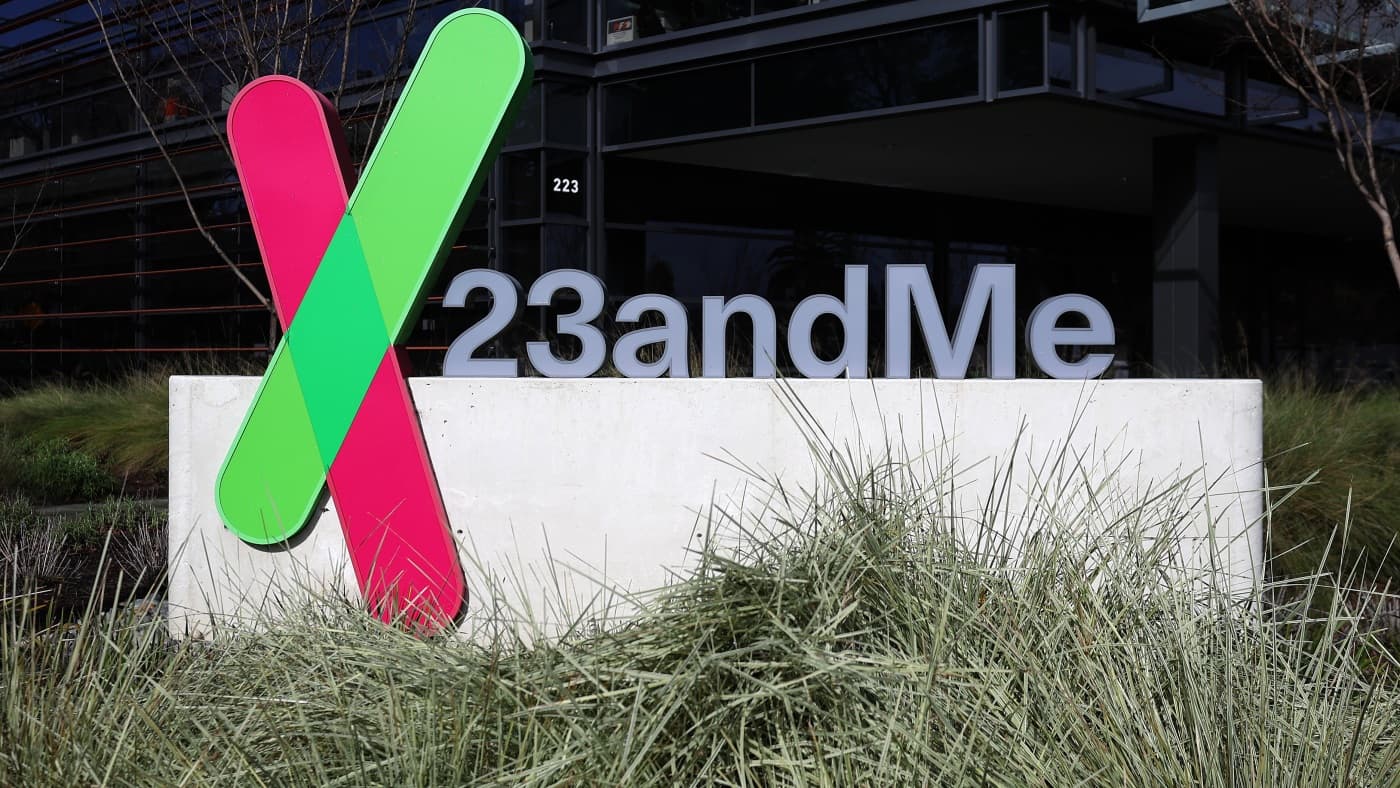
The 23andMe Bankruptcy: Taking Control of Your Genetic Data
In a stunning development that has sent shockwaves through the biotech industry, genetic testing pioneer 23andMe has officially filed for bankruptcy. The company's CEO, Anne Wojcicki, has resigned amidst the financial collapse of what was once a $6 billion industry leader. This dramatic downfall raises urgent questions about the fate of millions of consumers' genetic data entrusted to the company.
The Collapse of 23andMe
23andMe revolutionized direct-to-consumer genetic testing, making DNA analysis accessible to everyday people curious about their ancestry and health predispositions. However, the company's business model proved unsustainable in the long term. After an initial testing boom, the market became saturated, and subscription services failed to generate sufficient recurring revenue.
Recent reports from CNBC indicate that internal conflict has erupted, with co-founders publicly criticizing Wojcicki's leadership decisions that led to the bankruptcy. The company's partnerships with pharmaceutical companies to monetize user genetic data also raised significant privacy concerns. These issues, combined with a major data breach affecting millions of users, ultimately led to the company's financial demise.
The California Attorney General's Advice: Too Extreme?
In response to the bankruptcy filing, the California Attorney General has advised consumers to delete their genetic data from 23andMe's databases immediately. While this advice stems from legitimate privacy concerns, it represents a missed opportunity for consumers.
Your genetic data is uniquely yours—it contains valuable information about your health, ancestry, and potential predispositions. Deleting it entirely means losing access to insights that could benefit both you and medical research, while still leaving questions about what happens to any remaining data during bankruptcy proceedings.
A Better Alternative: Own Your Data
Rather than permanently deleting this valuable information as suggested by NPR and Science News reports, consider a more empowering approach—taking control of your genetic data by transferring it to a platform where you maintain ownership and decision-making power.
At Aevum Health, we believe in a fundamental principle: your genetic data belongs to you, not to corporations or bankruptcy courts. Our platform allows you to:
- Securely store your genetic information in a protected environment
- Maintain complete ownership of your personal health data
- Control how your data is used and who can access it
- Participate in research on your terms, choosing which studies you wish to contribute to
- Receive compensation when your data contributes to scientific breakthroughs
How to Transfer Your Data Before It's Too Late
If you're a 23andMe customer concerned about the fate of your genetic information during bankruptcy proceedings, here's how to take control immediately:
- Download your raw genetic data from your 23andMe account (do this urgently, before any system changes)
- Create an account on the Aevum Health platform
- Upload your data to our secure system
- Set your preferences for data sharing and research participation
- Then, if desired, follow the deletion procedures for your 23andMe account
The Future of Personal Genomics
The bankruptcy of 23andMe doesn't signal the end of personal genomics—it marks the failure of a business model that didn't sufficiently prioritize consumer ownership of their most personal data. The future belongs to platforms that put individuals at the center of decision-making about their genetic information.
By transferring your data to a user-centric platform rather than simply deleting it, you preserve valuable health insights while protecting your privacy. You also maintain the opportunity to contribute to medical research that could help countless others—all on your terms, not a bankruptcy court's.
Conclusion
Your genetic data is too valuable to simply delete or to leave in the hands of a company undergoing bankruptcy proceedings where the fate of consumer data remains uncertain. By taking control of your information and transferring it to a platform like Aevum Health, you ensure that this deeply personal data remains yours to control, while still contributing to the advancement of personalized medicine on your own terms.
The 23andMe bankruptcy serves as a powerful reminder: when it comes to your genetic information, ownership matters. The future of genetic testing isn't about corporate custody of your DNA—it's about empowering individuals with the tools to manage their own health information while participating in research that benefits humanity.